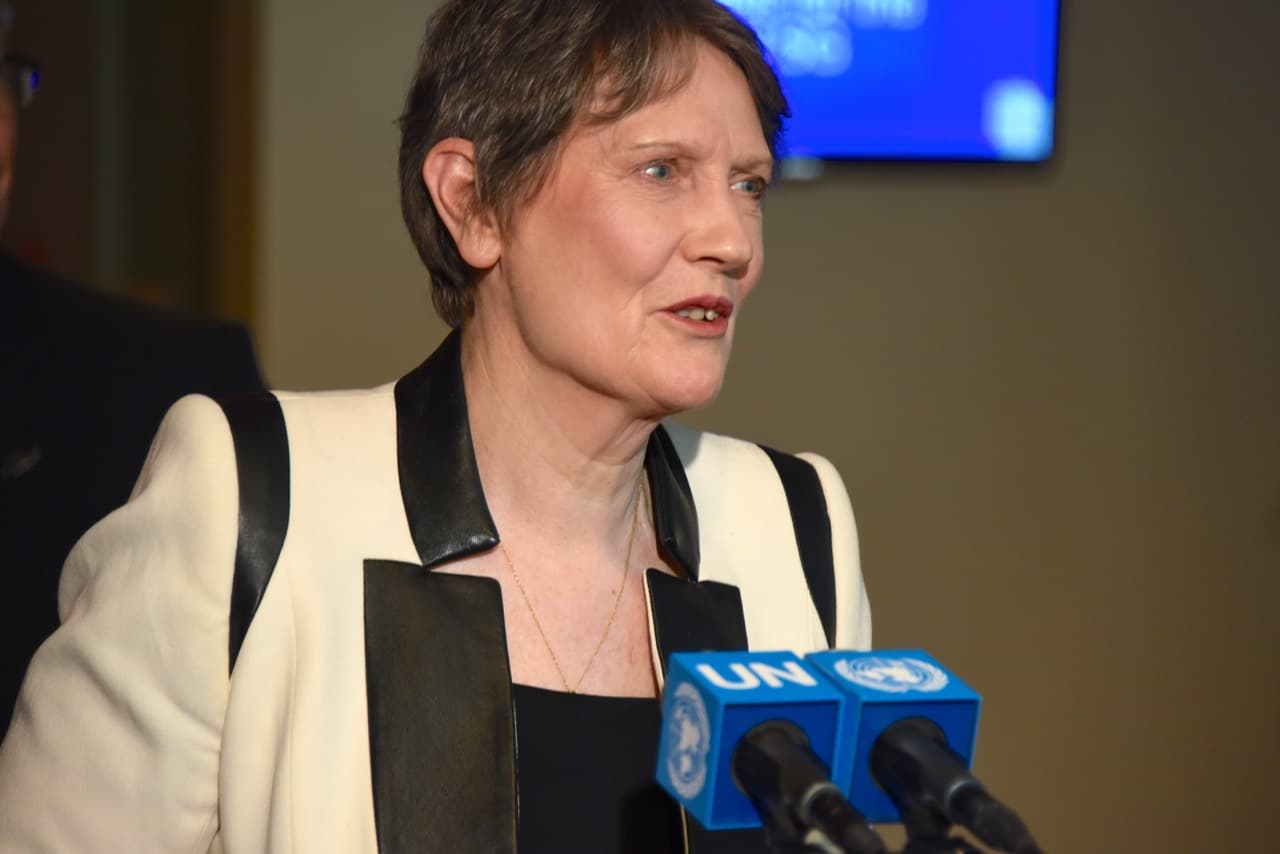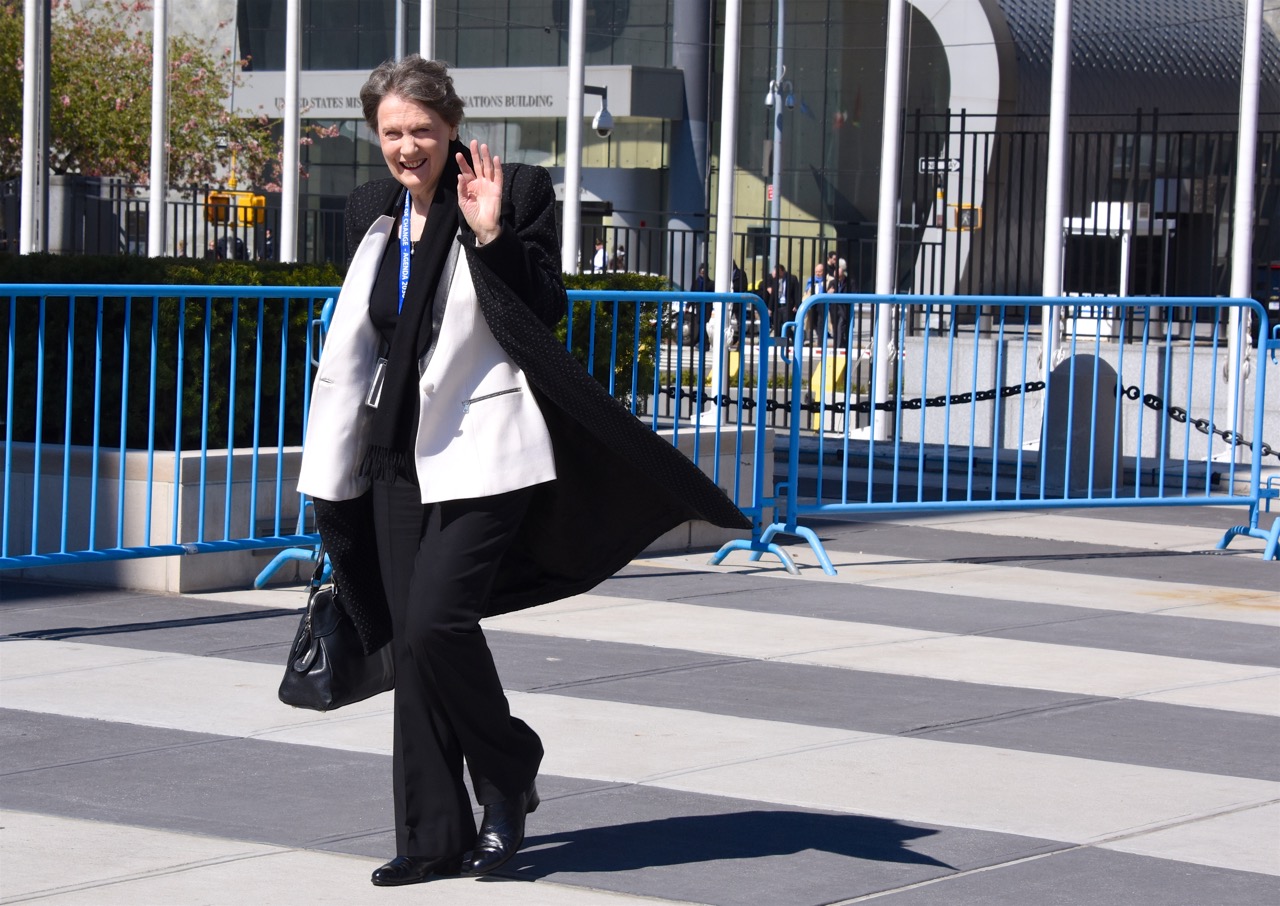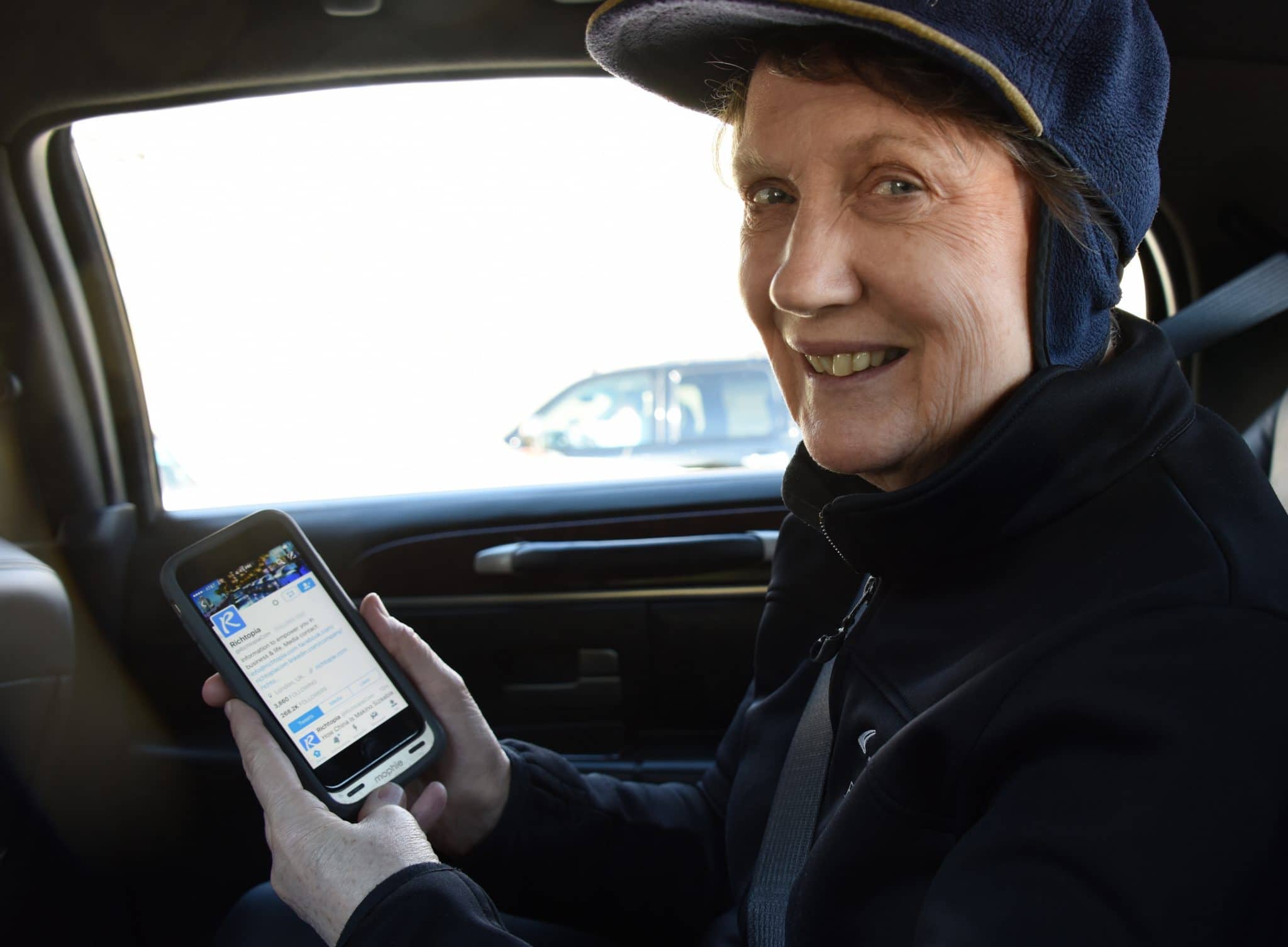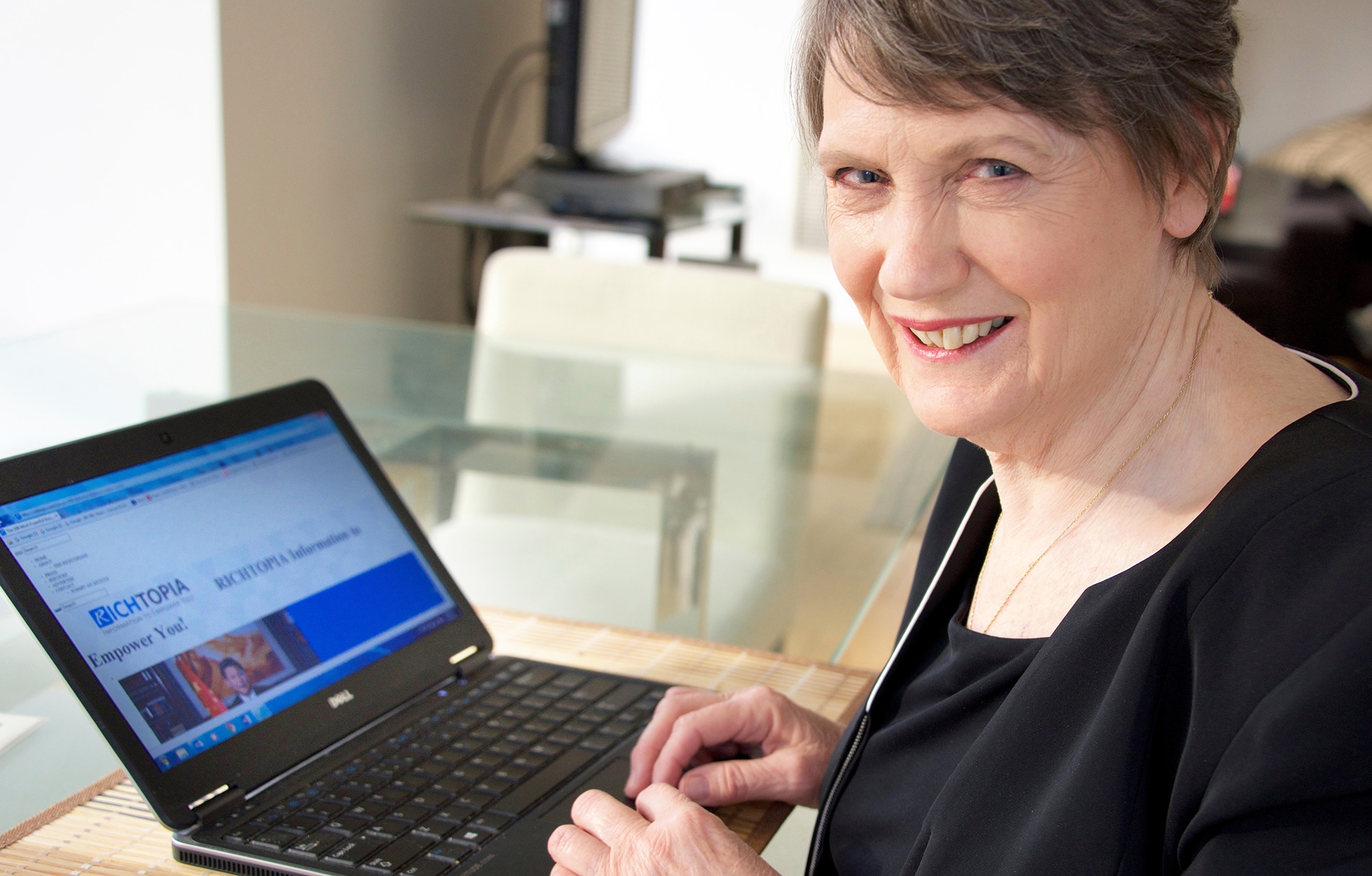Helen Clark: a global leader directing millions of people and billions in funds towards making the world a better place.
She has served nine years as the prime minister of New Zealand and seven years as the Administrator of the United Nations Development Programme (UNDP).
Helen Clark has dedicated her life towards ensuring there is a positive change in the world.
This includes ensuring there is no poverty, zero hunger, good health & well-being, quality education, gender equality, clean water & sanitation. In addition to affordable & clean energy, decent work & economic growth, industry, innovation, infrastructure, reduced inequalities, sustainable cities & communities, responsible consumption & production, climate action, life below water, life on land, peace, justice & strong institutions, and partnerships for those commitments.

Helen lives by the code of Human Rights, inspiring me a great deal as a result.
She is also featured in our Top 250 Most Powerful Women Leaders List, having held her spot on the top ten since November 2015.
I caught up with Helen over several months, asking her questions that have never been asked before, intending to gain new insights.
Fascinating ranking of women leaders active in social media! Happy2 be among them & be able 2 interact widely. @UNDP https://t.co/0dVmWLniMx
— Helen Clark (@HelenClarkUNDP) 4 February 2016
Helen is a huge inspiration to me and I hope you find her as inspirational as I do:
What does being a leader mean to you?
“It means setting out a vision for what could be and having a strategy and plan which can guide action in the direction of the vision. Over time, many steps in the same direction will add up to substantial change. It’s for leaders to determine the direction and be able to take people with them.”
What’s your top 3 success tips for people in leadership?
“Liking people, being decisive, and being prepared to work hard to achieve one’s goals.”
Why is timing and location important for creating sustainable development?
“The new global agenda for sustainable development comes not a moment too soon. Our world faces huge challenges and joined-up action across nations and the economic, social, and environmental spheres is vital. The hour is late, but the direction set in the 2030 Agenda and the new Sustainable Development Goals is the right one.”

Who would you say is an influential figure to you?
“For me, a personal hero was Nelson Mandela. He never wavered in his quest for freedom and dignity, and suffered a great deal personally to lead his country down the long road to freedom.”
Why do people need to pay attention to Economics?
“I am an advocate of growth which is both inclusive of all and sustainable. In my leadership roles as Prime Minister and now UNDP Administrator, it’s been very helpful to have an understanding of how economies function. One doesn’t need to be an economist, but one does need to be mindful of the consequences for economies and societies of decisions taken.”
If you could put a percentage on the satisfaction in your life from 0% to 100%, what would it be?
“Around 95 per cent.”
Why is gender equality so important?
“Gender equality is important because it’s a basic human right – and because no women or girl or society can reach their full potential without it.”
How have you gone about securing such notable roles, previously as the Prime-Minister of New Zealand and now as the Administrator of the United Nations Development Programme (UNDP)?
“Becoming Prime Minister of New Zealand was the culmination of a decades-long political journey which began with involvement in student politics and becoming a member of my political party. On the basis of the skills I had gained as a nine-year Prime Minister, I was then able to compete successfully for the position of UNDP Administrator.”

If you could spend a day hanging out with three people from history who passed-away for advice, who would they be and why?
“Mahatma Gandhi and Nelson Mandela for insights into how they could sustain the energy for leadership over the long term and despite huge obstacles.”
“Eleanor Roosevelt to hear how she would view progress on implementation of the Universal Declaration on Human Rights which she played a key role in drafting.”
What are some of your aims for the next five years?
“I want to see the organization rejuvenated to be able to tackle persistent, new, and emerging challenges – from the changing nature of conflict to the perpetuation of extreme poverty, and from the great threat of climate change to gender equality and the lack of opportunity for so many youth around our world.”
If you enjoyed this interview with Helen Clark (former Prime Minister of New Zealand and administrator of UNDP), retweet and comment, please




